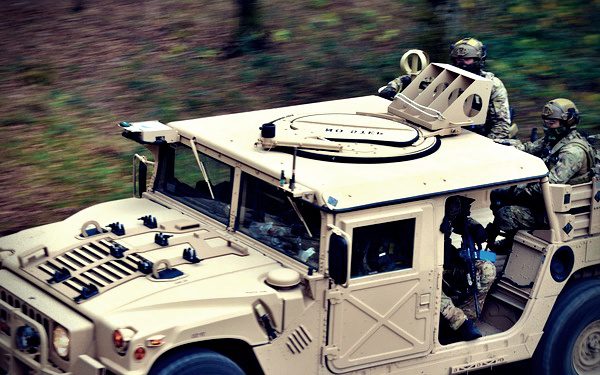Our Lawyers Defend False Sexual Assault Allegations
Offenses Available
- Desertion. UCMJ art. 85
- Assaulting or Willfully Disobeying Superior Commissioned Officer. UCMJ art. 90.
- Misbehavior Before the Enemy. UCMJ art. 99.
- Subordinate Compelling Surrender. UCMJ art. 100.
- Improper Use of a Countersign. UCMJ art. 101.
- Forcing A Safeguard. UCMJ art. 102.
- Captured or Abandoned Property. UCMJ art. 103.
- Aiding the Enemy. UCMJ art. 104.
- Misconduct as a Prisoner. UCMJ art. 105.
- Spies. UCMJ art. 106.
- Espionage. UCMJ art. 106a.
- Misbehavior of a Sentinel or Lookout. UCMJ art. 113.
- Malingering. UCMJ art. 115.
- Straggling. UCMJ art. 134.
- Offenses by a Sentinel. UCMJ art. 134.
- Other Offenses.
- Failure to Obey Lawful General Regulation. UCMJ art. 92.
- Dereliction of Duty. UCMJ art. 92.
- Violation of Federal Statutes. UCMJ art. 134.
The “Triggers”
Typically the offenses listed above can occur or become aggravated onlywhen one of the two triggers below exist.
- Time of War.
- Before the Enemy.
Time Of War
- “Time of war” means a period of war declared by Congress or the factualdetermination by the President that the existence of hostilities warrants a finding that time of war exists. R.C.M. 103(19).
- Definition applies only to R.C.M. 1004(c)(6) and to Parts IV and V of the Manual.
- The UCMJ does not define “time of war.” R.C.M. 103(19), analysis.
- The Court of Military Appeals (now Court of Appeals for the Armed Forces) has held that “time of war,” as used in the UCMJ, does not necessarily mean declared war. Whether a time of war exists depends on the purpose of the specific article in which the phrase appears.
- For purposes of Art. 2a(10), “time of war” means a war formally declared by Congress. United States v. Avarette , 41 C.M.R. 363 (C.M.A. 1970).
- Vietnam conflict was time of war for purposes of suspension of the statute of limitations under Article 43. United States v. Anderson , 38 C.M.R. 386 (C.M.A. 1968).
- The court has examined the following circumstances to determine if time of warexists:
- The nature of the conflict, i.e. there must exist armed hostilities against an organized enemy. United States v. Shell , 23 C.M.R. 110, 114 (C.M.A. 1957);
- The movement and numbers of United States forces in the combat area;
- The casualties involved;
- Legislation, executive orders or proclamations concerning the hostilities. United States v. Bancroft , 11 C.M.R. 3 (C.M.A. 1953).
- Geographical limitation of time of war.
- Not limited with respect to Article 43, UCMJ. United States v. Anderson , 38 M.R. 386 (C.M.A. 1968).
- May be limited for other purposes. See United States v. Taylor , 15 C.M.R. 232 (C.M.A. 1954); United States v. Ayers , 15 C.M.R. 220 (C.M.A. 1954).
- For a more broad discussion of the impact of “time of war” on offenses for purposesof Article 43, see infra Chapter 5, para. XVI.F.
Applications
- Offenses which can occur only in time of war.
- Improper use of a countersign. UCMJ art. 101.
- Misconduct as a prisoner. UCMJ art. 105.
- Spies. UCMJ art. 106.
- Offenses which are capital offenses in time of war.
- Desertion. UCMJ art. 85.
- Willful Disobedience of a Superior Commissioned Officer’s Order. UCMJ art. 90.
- Misbehavior As A Sentinel. UCMJ art. 113.
- Rape/Homicide. See R.C.M. 1004(c)(6).
- Offenses where time of war is an aggravating factor.
- Drug offenses. UCMJ art. 112a.
- Malingering. UCMJ art. 115.
- Offenses by a Sentinel. UCMJ art. 134.

